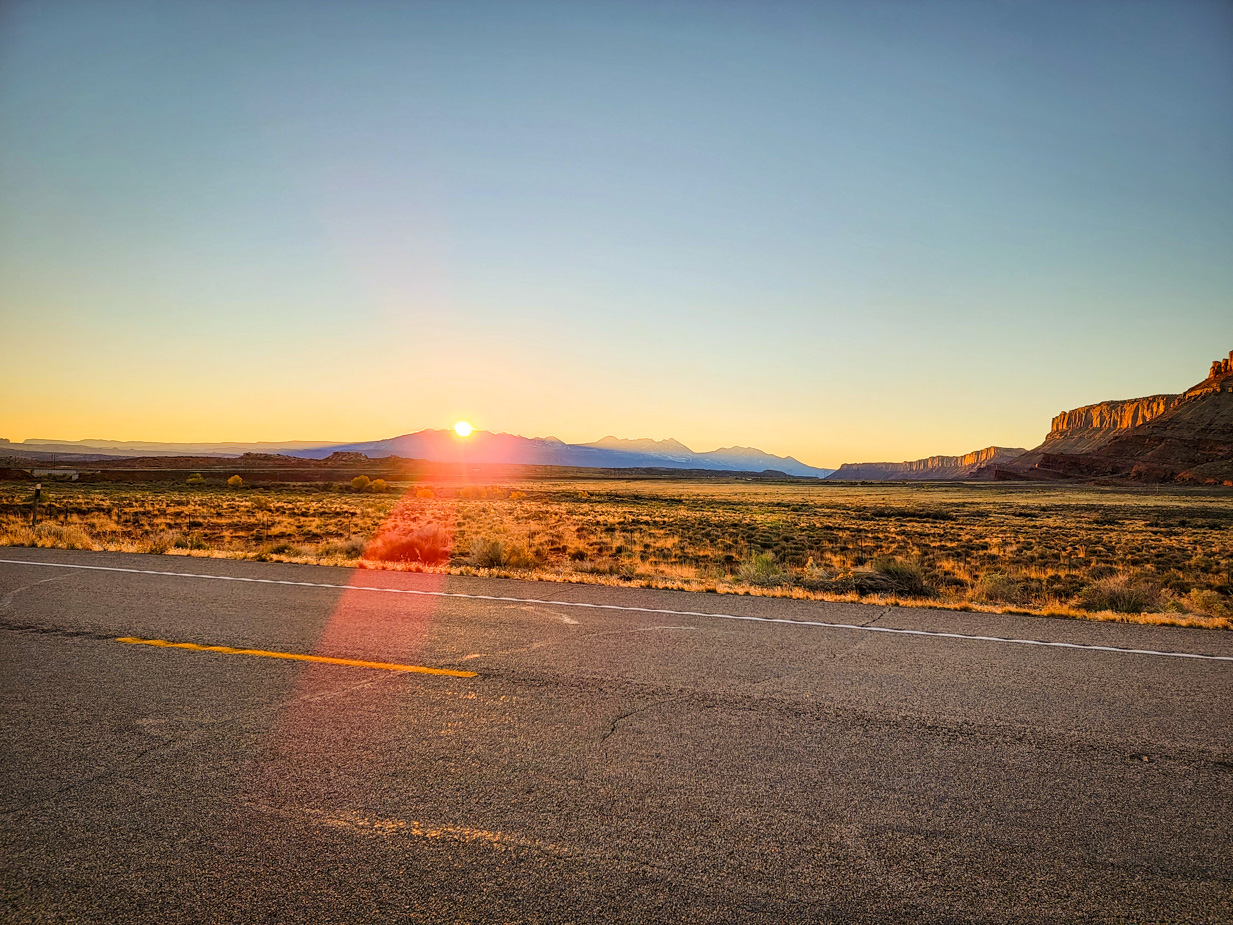

 ©Clay Eldridge
©Clay Eldridge
Chapter 3:17-19 (ESV) - Though the fig tree should not blossom,
nor fruit be on the vines,
the produce of the olive fail
and the fields yield no food,
the flock be cut off from the fold
and there be no herd in the stalls,
yet I will rejoice in the LORD;
I will take joy in the God of my salvation.
God, the LORD, is my strength;
he makes my feet like the deer's;
he makes me tread on my high places.
To the choirmaster: with stringed instruments.
Question to consider: Why do you think Habakkuk used the first person in the resolution to this Psalm?
The Psalm of Habakkuk ends with a declaration of finding joy in the LORD alone— the God who saves. Again, I believe that Habakkuk hearkened back to Leviticus 26 because Moses prophesied what they were about to experience. While Israel was in exile, the land would enjoy its Sabbaths. “Then the land shall enjoy its Sabbaths as long as it lies desolate, while you are in your enemies' land; then the land shall rest, and enjoy its Sabbaths. As long as it lies desolate it shall have rest, the rest that it did not have on your Sabbaths when you were dwelling in it.” (Leviticus 26:34-35) One of the ways Israel had been faithless was by ignoring God’s command to let the land rest from being sown and harvested. The whole earth groaned because of the curse of sin, and it longed to be restored and find its rest in Christ. God’s Sabbath was meant to be a blessing to the land just as it was meant to be a blessing to a people who had no rest during their time of slavery in Egypt.
Now the land would receive seventy years of rest where the fig tree would not blossom, the fruit would not be on the vines, there would be no oil squeezed from olives, the flocks would be scattered to the hills, and the fields would not be harvested for food. To bear fruit, vines and trees needed to be pruned and cultivated. The Babylonians would burn stalls to the ground and torch vineyards, olive groves, and fields. While the fields may recover and produce grain, there would be no one there to harvest it.
As dark as this declaration of God through Moses was, Habakkuk understood that there was a blessing given at the end of it, “Yet for all that, when they are in the land of their enemies, I will not spurn them, neither will I abhor them so as to destroy them utterly and break my covenant with them, for I am the LORD their God. But I will for their sake remember the covenant with their forefathers, whom I brought out of the land of Egypt in the sight of the nations, that I might be their God: I am the LORD.” (Leviticus 26:44-45)
Habakkuk knew that when they were in exile, this song would be a reminder to Israel that the LORD their God was their strength, and it was through Him that they could leap for joy. Singing these words in the first person would be a personal reminder that this promise was for each individual who put their hope and trust in God.
Dear heavenly Father, You are our strength and our song, and You have become our salvation! Open to us the gates of righteousness, that we may enter through them and give You thanks and praise! Hallelujah! Amen.